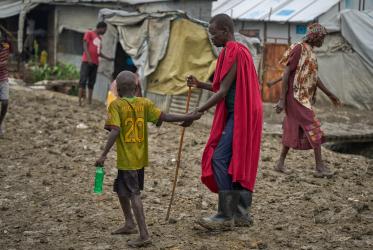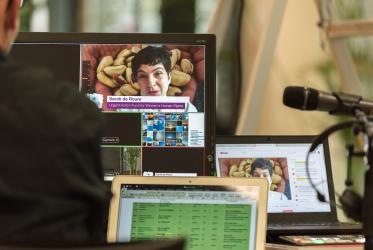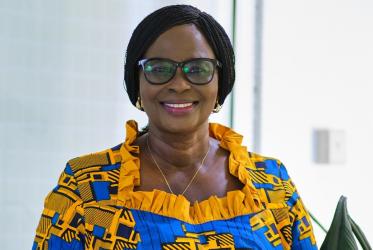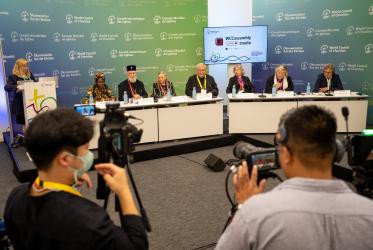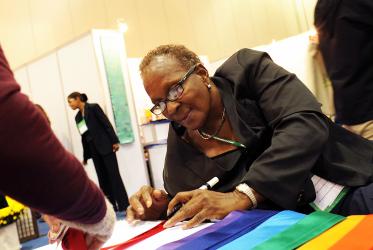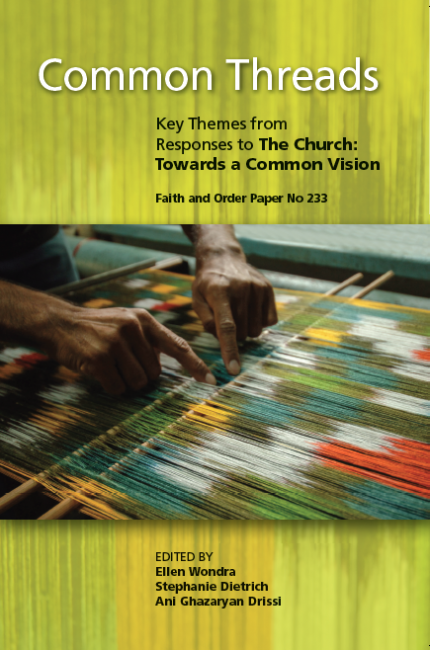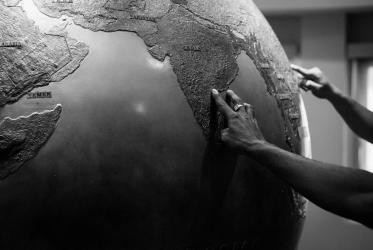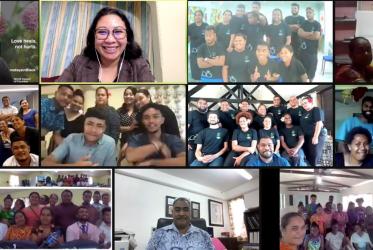Displaying 1 - 20 of 114
Indigenous women struggle for identity in Asia and beyond
05 September 2022
Women with disabilities want to belong in churches
31 August 2022
Common Threads
Key Themes from Responses to The Church: Towards a Common Vision. Faith and Order Paper No 233
25 February 2022
Upcoming webinar will focus on COVID-19 and caste discrimination
24 February 2022
Webinar - “People on the Move: Solidarity and Advocacy”
12 November 2020
https://www.oikoumene.org/live
Webinar will highlight “People on the Move: Solidarity and Advocacy”
05 November 2020
